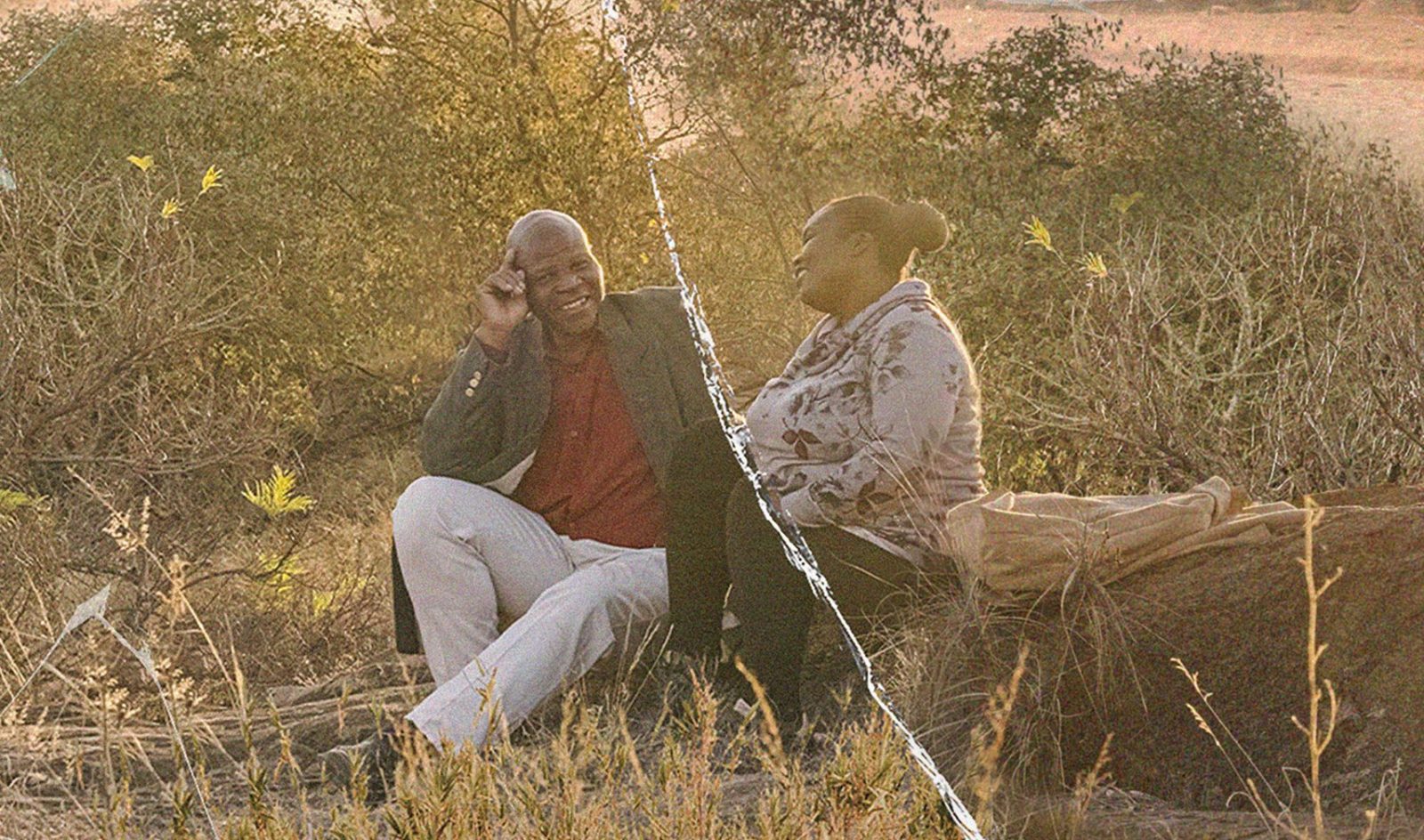Through the history of southwestern Zimbabwe, and the lives it has fractured, Matabeleland becomes a mirror for Africa, where ancestral struggles are not only remembered but embodied.
By Frank Njugi
English film director, Alfred Hitchcock, once remarked, “In feature films the director is God; in documentary films God is the director”. There is a special force that drives the deeper resonance of non-fiction storytelling; the creative treatment of actuality, emerging from a place both necessary and urgent as well.
Matabeleland, a documentary by Zimbabwean filmmaker, Nyasha Kadandara, seems to channel this spirit. The story unfolds as if guided by an unseen force; which shapes each moment with intention, revealing how the scenes were written long ago, by a country’s troubled past, before the camera ever rolled.
Premiering at this year’s edition of the Copenhagen International Documentary Film Festival (CPH:DOX), the documentary follows the personal journey of a man haunted by his country’s fractured past. The lingering shadows of history stretch into his present, shaping his family, his relationships, and his very sense of purpose.
Chris Nyathi, a Zimbabwean immigrant living in Botswana, carries the weight of a restless spirit, which is his father’s unburied body and the lingering belief that a curse shadows his family. Stuck in a precarious job and stretched thin by the demands of a large extended family, Chris finds himself caught contending with obligation and longing.

His father’s unburied body haunts him, alongside the ghost of silence that surrounds a long-suppressed national trauma. Matabeleland uses the story of Chris to show the scars of the Gukurahundi, a series of mass killings and acts of genocide carried out in Zimbabwe between 1983 and 1987. This happened in the region of Matabeleland in southwestern Zimbabwe, from which Kadandara’s documentary gets its name.
At Chris Nyathi’s side in Matabeleland, is Dumi, his younger partner, whose warmth offers refuge from the chaos. But their love comes with its own tension as well, as she wants marriage, a step Chris has always hesitated to take. Their relationship has an intensity, and the documentary captures it remarkably, observing the moments, the tenderness, and the emotions that define their bond.
History doesn’t end with an event, but sometimes lingers; across generations, across graves left unmarked, in voices that tremble to speak the unfulfilled wishes, as Chris does.
Seven years in the making, this documentary unfolds as Zimbabwe enters a moment of political reckoning. The dictator Robert Mugabe is ousted from power in a historic coup. The Gukurahundi is believed to have been carried out on the orders of this president, who ruled Zimbabwe for over 29 years and targeted political dissidents.

Upon these happenings, Chris sees an opening of not just returning home to Zimbabwe and burying his father, but to lay to rest the ghosts that have held him back. In doing so, he hopes to rewrite the story of his family, and finally claim a future with Dumi.
Africa struggles with a past made eerily present, as generations of descendants become living archives of inherited grief, unresolved trauma, and unfulfilled duties—legacies imposed by the strains of systemic violence, whether political or otherwise.
Chris carries a past made present in this way, and through Matabeleland, Nyasha Kadandara ensures his story becomes a microcosm of the countless untold narratives of people from Matabeleland, Zimbabwe. A place where personal grief echoes as a collective, inherited wound.
“There is a real need to heal the dead in Zimbabwe, in order to heal the living”. This is what clinical psychologist and forensic anthropologist Dr Shari Eppel, known for her work finding, exhuming and identifying the remains of the disappeared of Matabeleland, Zimbabwe. states, just before helping Chris to finally be able to bury his father, allowing him to shift his focus to other challenges in his life without carrying the added weight of unresolved grief.
Perhaps a saying that entirely captures the motif of this documentary that has been more than half a decade in the making.
Matabeleland is produced by Kenyan documentary filmmaker, Sam Soko, a member of the Academy of Motion Picture Arts and Sciences and the co-founder and head of LBx Studio, who is renowned for his commitment to socio-political storytelling. Nyasha Kadandara takes the helm though, as apart from serving as the director, she also serves as the cinematographer.

Kadandara manages to create a documentary that is a compelling re-engagement with lives rooted in the contradictions of African identity. Through the history of southwestern Zimbabwe, and the lives it has fractured, Matabeleland becomes a mirror for Africa, a landscape where ancestral struggles are not only remembered but embodied.
It is this ability for the personal to intersect with the historical that defines Matabeleland, and it finds its power in reminding us that the most affecting non-fiction storytelling do not simply tell stories; they shine a glowing light on something already living within us, and experienced.
Matabeleland premiered at the CPH:DOX 2025 in Copenhagen.
Frank Njugi is an Award-winning Kenyan Writer, Culture journalist and Critic who has written on the East African and African culture scene for platforms such as Debunk Media, Republic Journal, Sinema Focus, Culture Africa, Drummr Africa, The Elephant, Wakilisha Africa, The Moveee, Africa in Dialogue, Afrocritik and others. He tweets as @franknjugi.



